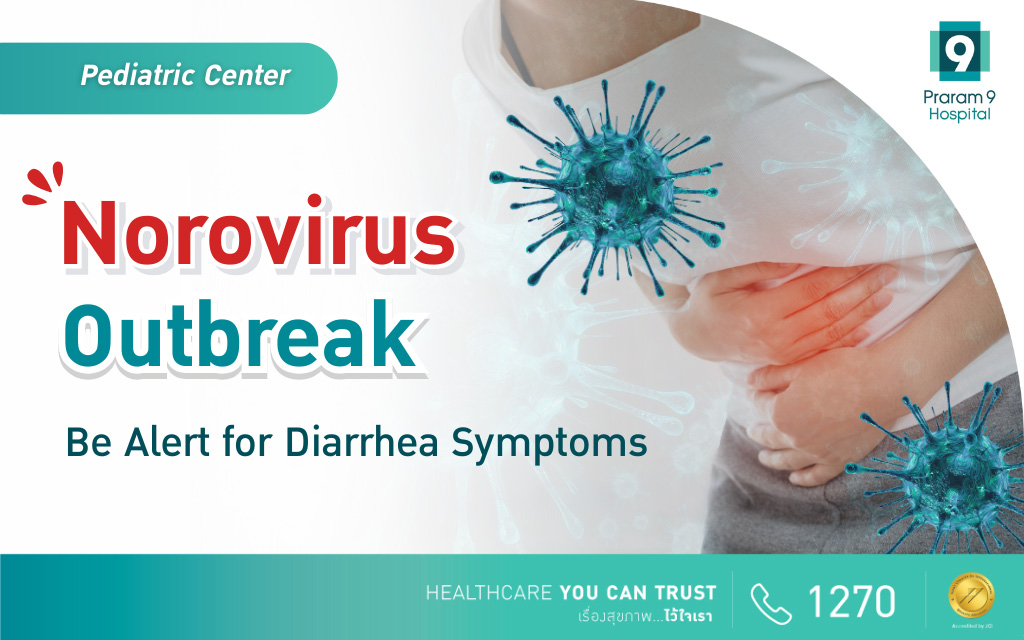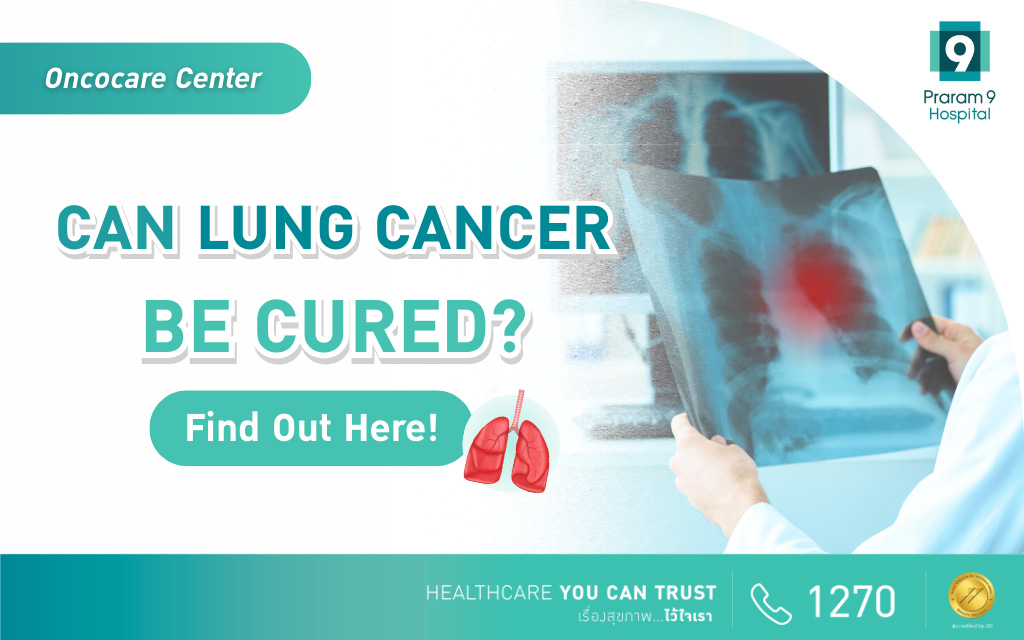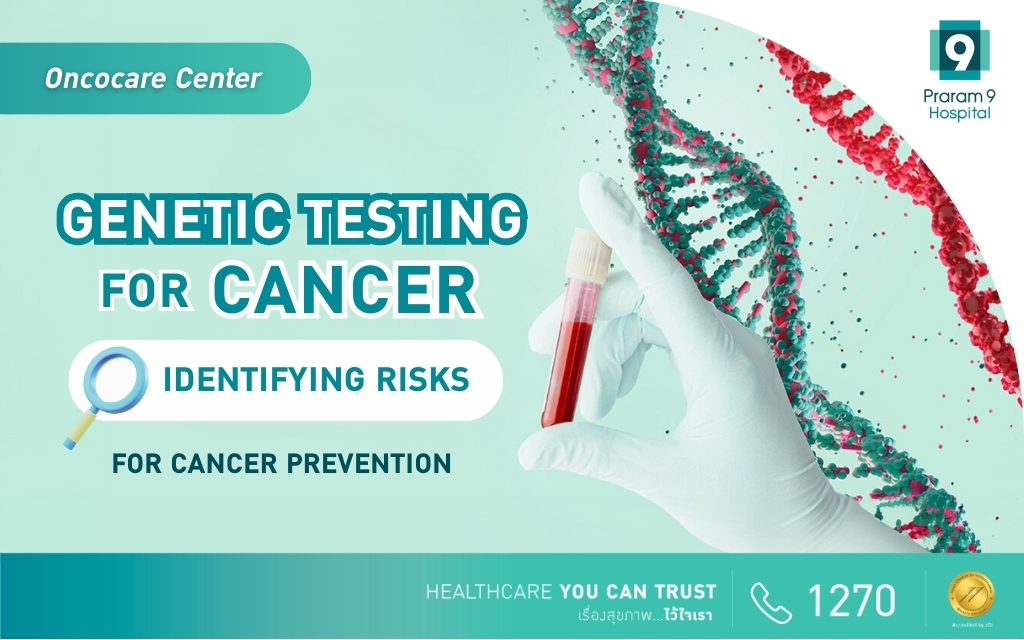Esophageal cancer occurs when the abnormally growth of cells becomes cancer, which comes from the growing of inner tissue to the outside wall. If the cancer spreads through the esophagus wall, it can enter into the lymph node, aorta in the chest, and nearby organs. Esophageal cancer can also spread into the lungs, liver, stomach, and other parts of the body.
u00a0
Risk factors
Currently, the cause of esophageal cancer is not clear. However, there are several factors that can increase the development of the disease. For example:
- Age: Those aged between 45-70 years old have the highest risk.
- Gender: Males have a chance of having this disease 3 times more than females.
- Smoking: The risk will increase according to the quantity and period of smoking.
- Drinking alcoholic drinks can increase the risk of having esophageal cancer, especially squamous cell.
- The condition of the esophagus called Barretu2019s esophagus is a condition that occurs in those who have inflammation in the esophagus from gastric acid, which destroys the cells of the esophagus wall and cause adenocarcinoma.
- Have food with low vegetables, fruits, and minerals.
- Obesity
u00a0
Symptoms of esophageal cancer
The symptoms of esophageal cancer in the initial stage do not show. However, the following symptoms might show if it gets more severe:
- Have difficulty in swallowing, especially while having hard diet, like meat, bread, or fresh vegetables. However, when this disease spreads until the cancer obstructs the esophagus, you will feel pain even while drinking.
- Feel pressure or burning in the chest
- Flatulence and indigestion
- Nausea
- Choking after swallowing food
- Lose weight with unknown cause
- Coughing
- Pain around the breastbone or in the throat






